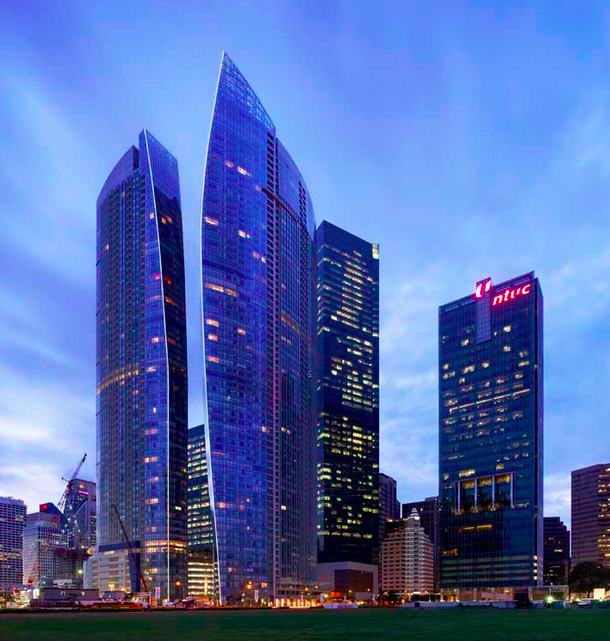Singapore has always been something of an oddity. One of the world’s few remaining city-states, the country is far more developed than its neighbours and has long been a target for international capital, and international business. The country has, in the last twenty years or so, become one of the financial capitals of Asia, perhaps second only to Hong Kong.
AR Capital Private Ltd
With a concentration on opportunities throughout Asia, AR Capital Private Ltd offers investors exposure to something they may lack, a good rounded view of the Asian equity markets. The company operates four major funds, the New Asia Fund, The Asia Select Fund, The Asia Focus Fund and the Asia (US) fund.
The fist three take on Asian stocks with a mix of strategies. The fourth, which was founded
Aisling Analytics/RCMA Asset Management
What makes this company special is its commitment to commodities. CEO Michael Coleman has spent the majority of his career dealing in the physical trade and he brought that acumen to the hedge fund world, resulting in a company that’s not only able to trade paper and play the market, but also able to trade physical materials to play smaller-scale information inefficiencies in order to make a return.
Having just changed its name from Aisling to RCMA last year, many investors will miss a lot of history if they just look at the new company’s track record. The firm now deals in commodities across the board, from cotton to sugar. It’s not all been plain sailing for the company in recent years. Back in 2012 Coleman was forced to step back from everyday investment decisions after a numbing 30% loss.
Quantedge Capital
One of the premiere quantitative hedge funds operating in Singapore today, Quantedge was founded in 2006 with just $3 million in capital, a number that has exploded in the years since. With annualized returns in the region of 30% realized since then, it’s clear to see why the company has managed to attract all that money.
The fund was described by Bloomberg as Asia’s best performing Macro hedge fund in 2014, in a story that marked its crossing of the $1 billion assets under management mark. The company’s offerings aren’t for the faint of heart, however. It ask investors to acknowledge and understand that it may lost up to 40% at times due to the volatility of the markets it deals in.
Cavanegh Capital
Set up by managers from Morgan Stanley and DBS Holdings, Cavenagh Capital set itself in Singapore in order to be close to the markets it concentrates on, the foreign exchange, derivatives and interest rate markets across Asia. Andrew Gale and Lee Ka Shao launched the fund in 2009 and, though it’s not made the big time just yet, it’s one to watch going forward.
Paul Shea is an experienced money, trading and investing writer who cut his teeth writing stock, investment and industry analysis and covering macroeconomics. Paul Shea work has been linked and quoted by MSNBC, BusinessWeek, Barrons, Zerohedge and The Blaze, and his work appears regularly on Google News and Google Finance, as well as other prominent news aggregators. He’s also written about the tech industry for the likes of Valuewalk and The Street. Paul is a senior contributor writer for TradersDNA and HedgeThink.









